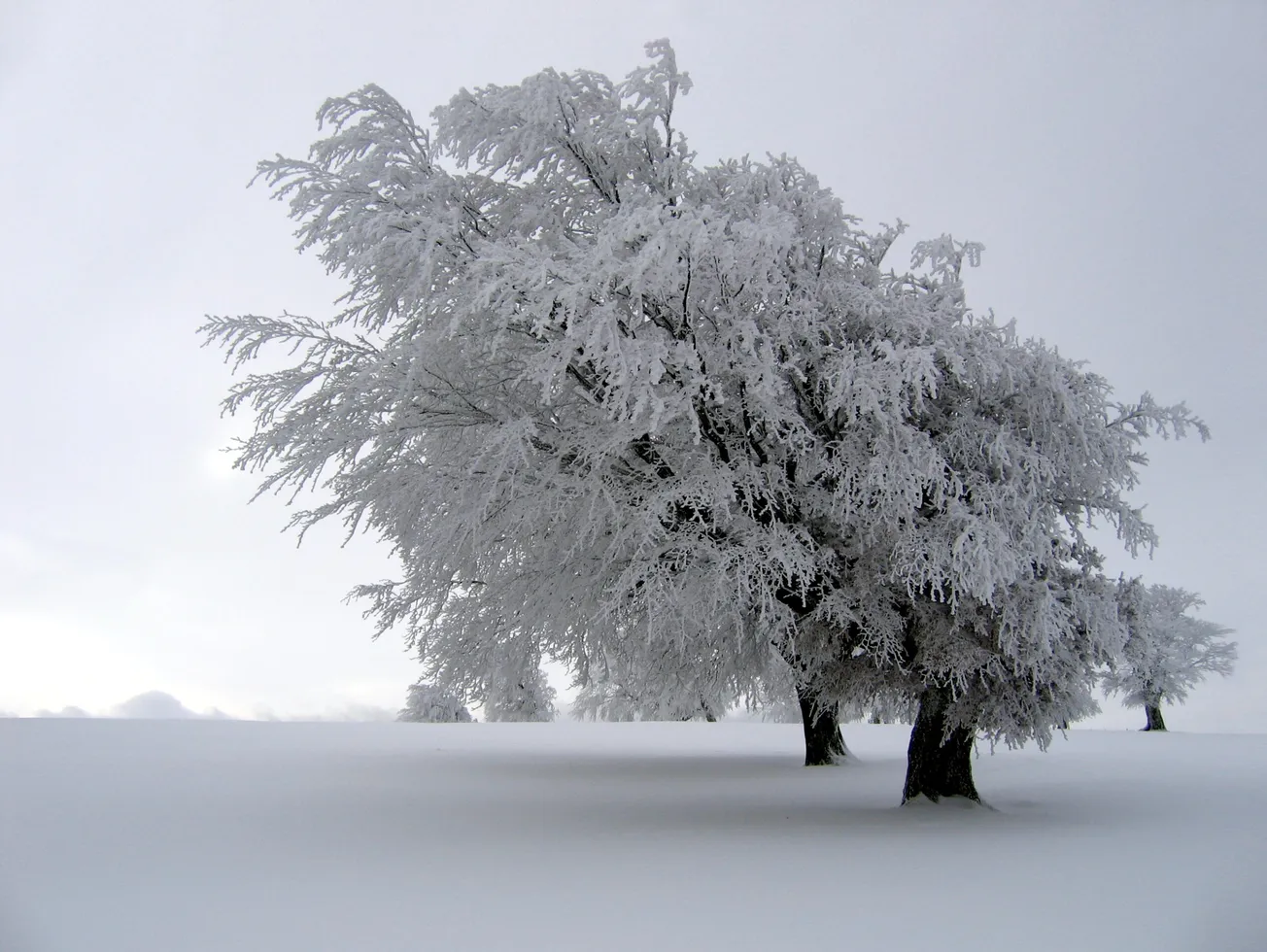Table of Contents
Arthur C. Clarke’s 1949 short story The Forgotten Enemy tells the tale of Professor Millward, the scientific observer who is the last person remaining in a frozen London. Even radio communications with “the now-temperate lands of the equator” had fallen silent. The story finishes with Millward’s first sight of “the enemy he had forgotten… the glaciers” returning.
Clarke’s protagonist would likely not feel out of place in Britain today.
Temperatures plummeted to minus ten over the weekend, with freezing fog across London and snow in the Midlands and Scotland. Across Britain the thermometer struggled to get above zero all day on Sunday and heavy snow is predicted for Monday and Tuesday in London and southern England […]
Waterways across the country have frozen over after days of extremely cold temperatures.
The heavy fog, which didn’t lift all day, caused chaos and plane cancellations at Heathrow Airport. Heavy snow in the north saw people abandoning their cars on the side of the roads in the Cotswolds and police warned motorists to stay off the roads.
The sub-zero weather will continue overnight and into the week with lows of minus 12C forecast for some parts of the country.
The Australian
The Australian
Remember when one of the world’s leading “climate change research” institutions predicted that “within a few years winter snowfall will become ‘a very rare and exciting event’”? That confident prediction was made much more than a “few years” ago — in fact, it was made all of two decades ago.
It wouldn’t be surprising, though, if you didn’t remember: seven years ago, the prediction vanished from the internet.
Still, as one internet wag pointed out, in six months, the media will be telling us that it was one of the warmest winters on record.
At the other end of the globe, what’s supposed to be summer is so far a mostly dull and grey affair. Easily the most dismal summer that I can recall. That, on top of a wet, cold spring.
Which is bringing disaster in its wake — no chips!
Australia is facing a national shortage of chips and other frozen potato products ahead of anticipated soaring demand over the summer period.
Heavy rains in Tasmania, which produces the bulk of the nation’s frozen potato products, last month delayed planting potato seeds, leaving a dearth of spuds for fries, potato gems and potato cakes.
Businesses say the price of potato products has skyrocketed and they are struggling to find the highly popular food item ahead of a much needed boom in trade after two summers disrupted by Covid.
All across the north of Tasmania, tractors have been out well into the night, trying to take advantage of fields that are finally drying to try and get planting done.
But it’s not just the cold turn in the climate (oops weather — mustn’t forget that when it’s cold and wet, it’s just “weather”; “climate” only happens when it’s hot and dry) that’s leading to food shortages. Deranged climate policies are having exactly the same disastrous effects they’ve had around the world, as fertiliser and power costs go through the roof.
Haymarket Seafood and Fish & Chips employee Amanni Zreika, 20, said the family owned business had been forced to raise menu prices after their weekly chip bill increased by $200 […]
Fat Fish chief cook John Notaras said the price of chips had gone up by about 35%.
The Australian
The Australian
Never mind, I’m sure the WEF’s pet boffins will step up with an insect-based, lab-grown potato substitute any day now.









